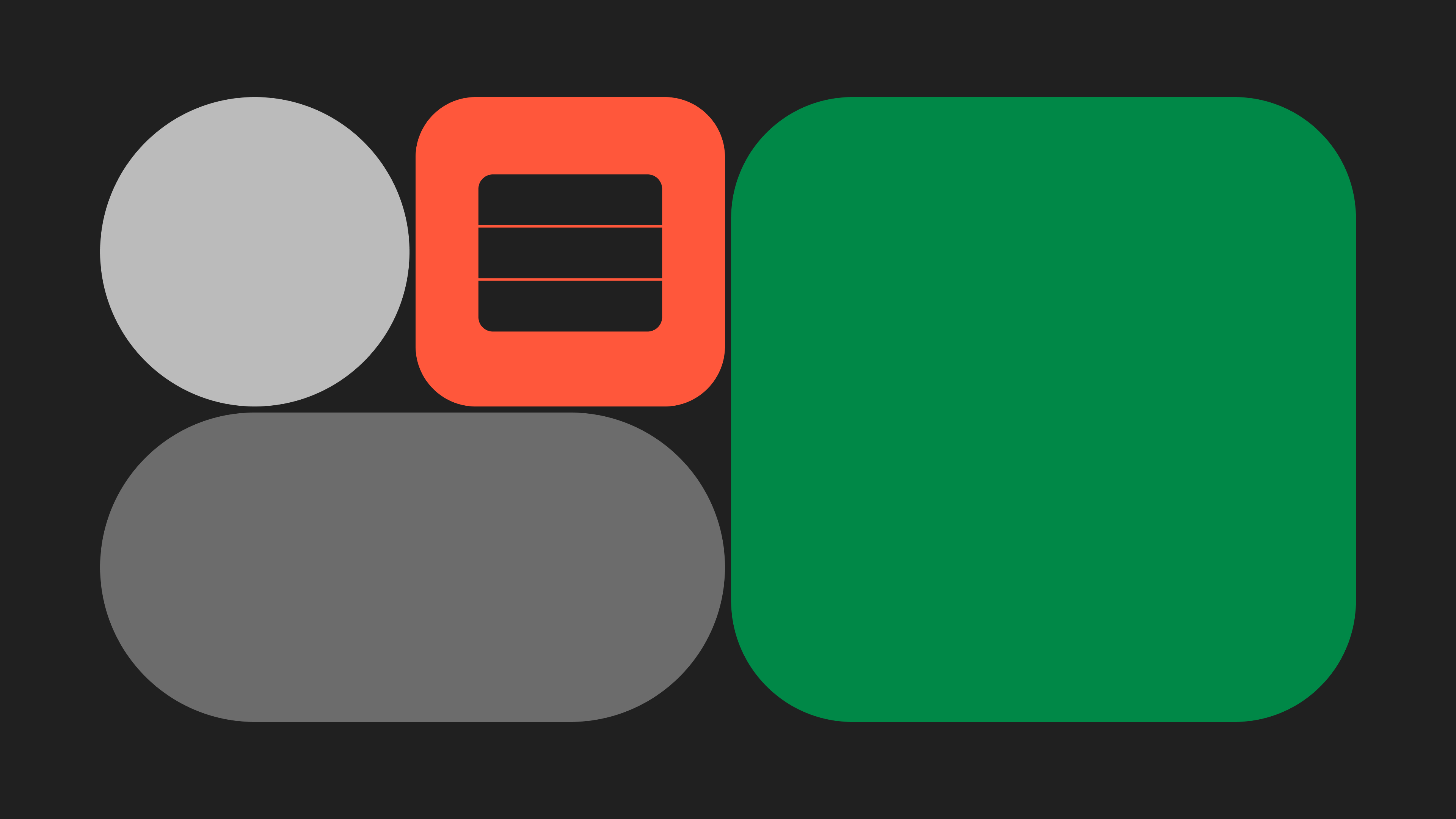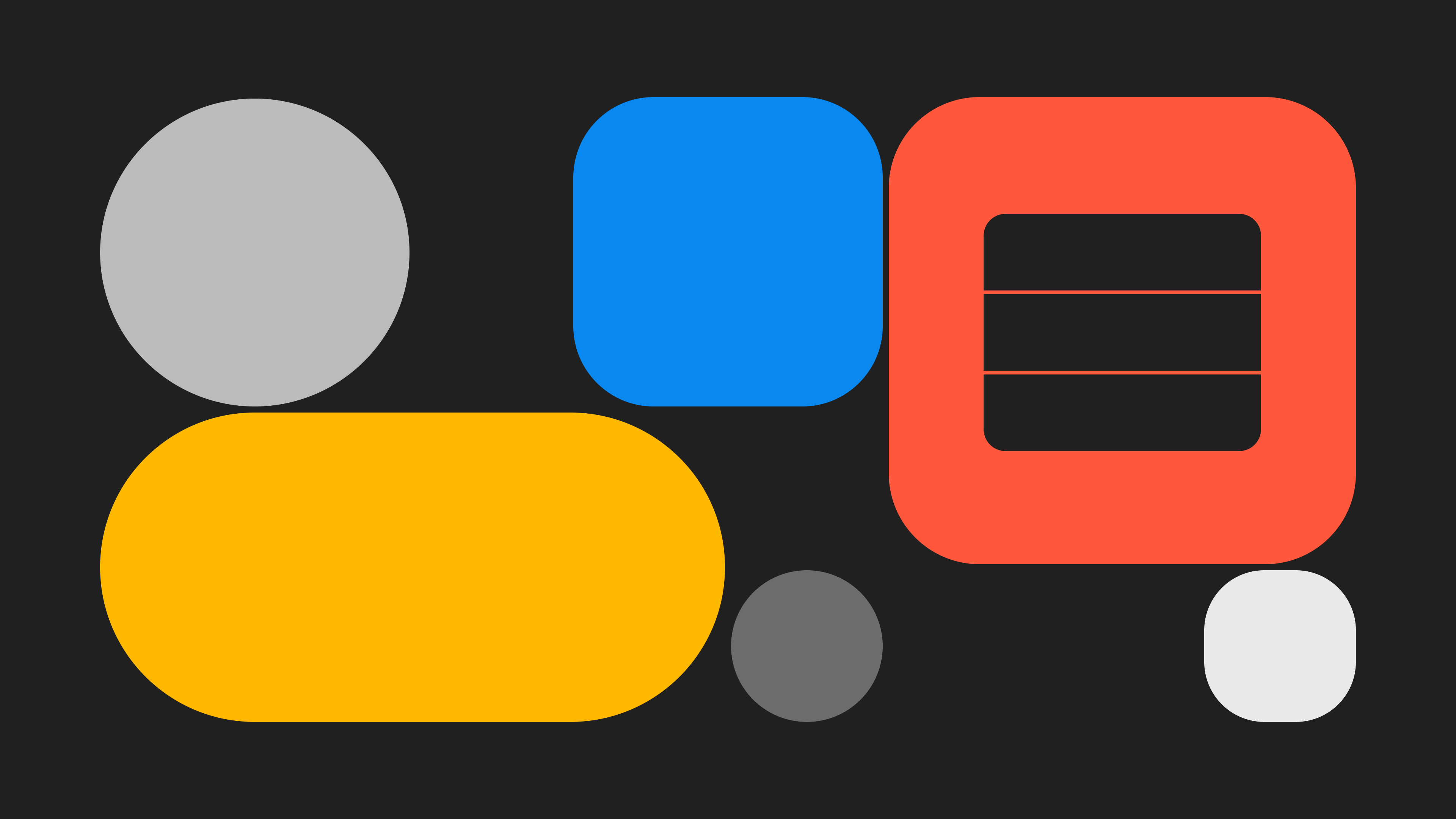Unlocking new web3 use cases: Elevating UX with Smart Sessions via Reown’s AppKit and ERC-7715

Overview
One of the most challenging user experiences within web3 at the moment is the need for users to be physically present to sign transactions in their wallets. This requirement creates a significant barrier to the development and use of many decentralized applications (dApps), limiting the types of use cases that developers can offer. Imagine you are playing a web3 game and being prompted to sign a transaction every few minutes, or needing to be online to manually renew a subscription or execute a trade in DeFi. These scenarios not only disrupt the user experience but also introduce friction that could lead to user confusion or even churn.
Enter Smart Sessions, a groundbreaking feature soon to be supported by Reown's AppKit that is set to revolutionize the way users interact with blockchain applications. By leveraging the new ERC-7715 standard (co-authored by several Reown contributors), Smart Sessions allow users to grant predefined permissions for transactions to occur even when they are not actively present, or behind the scenes while the user is engaged with an experience. This innovation not only unlocks a wealth of new use cases, but also fosters a more seamless "set it and forget it" experience that saves time and energy for users. In this blog post, we’ll explore how Smart Sessions are changing the game for dApp builders and the exciting opportunities they bring.
Current problems in web3 user experience
To dig deeper into the UX problem, the current limitation results in:
- Interrupted User Experiences: In activities like gaming, users are often interrupted by prompts to sign transactions. This not only breaks immersion but also introduces friction that can cause frustration or confusion for why they need to sign a transaction, leading to churn.
- Limited Transaction Automation: In sectors like DeFi, users must manually approve transactions, even for routine actions like trades, staking, or loan repayments. This requirement limits the ability of dApps to offer automated, seamless experiences that users have come to expect in traditional financial applications. It also limits the scope of possible use cases.
These limitations are not just inconveniences; they represent a significant barrier to the broader adoption of web3 technologies. Many of these problems are “Basic Expectations” in similar web2 products .
Introducing Smart Sessions and their benefits
Smart Sessions, soon to be available within Reown's AppKit (via ERC-7715), address these challenges head-on. By allowing users to pre-authorize certain actions, Smart Sessions level-up user experience and create new opportunities for dApp builders:
- Uninterrupted user engagement: Users can authorize transactions to happen in the background without needing to approve each one manually, leading to a smoother, more engaging experience. Gamers rejoice!
- Enhanced automation: With Smart Sessions, dApps can automate various functions, reducing the need for user presence and enabling new types of applications that were previously impossible. DeFi use cases specifically are.
- Reduced friction: By minimizing the number of prompts and manual interactions, Smart Sessions lower the friction for users, leading to better retention and satisfaction.
The benefits of Smart Sessions
Smart Sessions, soon to be available within Reown's AppKit (via ERC-7715), address key challenges in the current web3 user experience by allowing users to pre-authorize certain actions. This capability significantly enhances user engagement and opens up new opportunities for dApp builders by supporting two types of transactions: synchronous and asynchronous.
- Uninterrupted user engagement with synchronous transactions: Synchronous transactions occur while the user is actively engaged with the dApp, but without the need for constant signing prompts. For example, in a Web3 game, users can authorize Smart Sessions to manage transactions in the background, ensuring that their experience remains uninterrupted and smooth. By handling these transactions behind the scenes, Smart Sessions provide a seamless experience that prevents disruption, enhancing user engagement and reducing the chances of churn.
- Enhanced automation with asynchronous transactions: Asynchronous transactions are those initiated when the user is not present, allowing actions to be performed without requiring the user to sign each time. With Smart Sessions, users can set permissions for dApps to execute specific actions on their behalf based on predefined conditions. This is ideal for scenarios such as automated investments, loan repayments, or any transaction that benefits from being executed without the user needing to be online. This flexibility allows users to "set it and forget it," knowing that their transactions will be handled according to their preferences.
- Reduced friction: In both cases, by minimizing the number of prompts and manual interactions, Smart Sessions lower friction for users, leading to better retention and satisfaction.
This opens up a world of new possibilities for developers and greatly enhances the user experience in the web3 ecosystem. Let’s dive into some example use cases.
Unlocking new use cases with Smart Sessions
With the availability of Smart Sessions, a wide array of new use cases becomes possible:
- Subscriptions: Rather than requiring users to manually renew subscriptions, dApps can now ask users to grant permission to charge them automatically on a recurring basis. This feature simplifies the user experience and ensures a steady stream of recurring revenue for builders.
- Dollar cost averaging: Users can set up recurring purchases of a specific token at regular intervals, automating a popular investment strategy without needing to be present each time.
- Example: “Swap $100 USDC for ETH every 7 days”
- Limit orders: Users can set conditions under which trades should be executed, such as buying or selling when a token reaches a certain price. These orders can now remain active and execute automatically when conditions are met.
- Example: “Buy $100 of ETH at $2750.50”
- Automated staking: Users can allow a dApp to automatically stake tokens when certain conditions are met, like when their balance exceeds a predefined threshold. This ensures they maximize rewards without needing to intervene manually.
- “Stake my MATIC to XYZ Validator when I have 1000 MATIC in my wallet”
- Periodic rewards distribution: Smart contracts can be programmed to automatically distribute rewards or dividends to token holders at regular intervals, ensuring timely payments without continuous user input.
- Loan repayments: Users can authorize a lending platform to automatically repay loan installments on predefined dates, ensuring they never miss a payment and maintaining a good credit score on blockchain-based lending platforms.
- Decentralized governance: Users can delegate their voting power to a trusted representative for a set period, ensuring their participation in governance decisions even if they cannot vote in real time.
- In-game purchases: In Web3 games, players can allow the game to make in-game purchases or allocate resources automatically, enhancing the gaming experience without requiring constant user interaction. Enabling you to flawlessly upsell on new features and “accessories”.
Compatibility and future of Smart Sessions
Currently, Smart Sessions are compatible with Smart Accounts, which are a programmable account type and can take advantage of these advanced features. Most users currently have Externally Owned Accounts (EOAs), which are the basic public-key and private-key account type, which are less flexible due to their lack of programmability.
After the introduction of EIP-7702, expected in Q1 2025, EOAs will also gain Smart Account capabilities. This upgrade will enable all account types to utilize Smart Sessions, further expanding the reach and potential of these powerful features.
Conclusion
Smart Sessions represent a significant leap forward in the evolution of web3 user experiences. By enabling automated, pre-approved actions, Smart Sessions not only improve user engagement and reduce friction but also unlock a myriad of new use cases that were previously out of reach. Builders should be dreaming about what types of use cases they can now offer. We’ve mentioned a few above, and are happy to brainstorm more with you! We’ll also be releasing an experimental version of Smart Sessions first that you can play with. If you’re interested in learning more or discussing the possibilities of Smart Sessions, please let us know.


